Serving the nations favourite takeaway tea to the good people of South Yorkshire, Lee of Your Plaice or Mine is our latest Member Spotlight feature. We got the lowdown on what he loves about working in hospitality and what a typical day looks like.
How did you get into hospitality?
Me and my wife Grace had prior experience working in pubs. We were both working factory jobs when we got made redundant, twenty years ago this year, and my cousin was selling his fish and chip shop. It made sense to us, I learned everything from him, and we were running the shop. Then Covid hit and we decided to make the switch to mobile, so we closed the shop and ran two vans instead.
Luckily for us, the business already had an established following, but we did have to build things up a little with the switch to mobile.
So we were going to different villages bringing fish and chips. I pride myself on the product and I know our product is good, obviously it becomes word of mouth visiting communities like these so if you have a good product and get on with people, word can spread quite quickly. That’s what we found.
How do you build connection with customers?
I always try to have a laugh with people. When you have a youngster wearing certain football shirts for example, I’ll ask who made you wear that? And it just gets the queue talking and laughing together. It’s something I think is important that independents have that you don’t get with corporates: You’re just a number to the big corporate, whereas with independents the focus is always on people.
Once you’ve got a rapport with your customers, they become more like friends to you. They are people you see on a regular basis and build up a connection with.
It’s an important service to provide, for example there’s lots of elderly people we get out to and see regularly. That might be the only interaction they have in the day, so to spend a few minutes talking with them, delivering some great food, it can really go a long way.
I’ve had a lot of staff work for me and they’ve all enjoyed themselves. To the point they still come around now as friends. It’s nice that people feel that involvement, that there is such passion to what we do, and they feel that way about having worked with us.
What does the trading operation typically look like for you?
Spring and summer for us is our really busy season. We’re just flat out for this period: We’ve got two vans and go out Monday to Friday on set rounds. We typically go to the smaller villages and settings once a fortnight, which we find is the right ratio time wise. Saturdays and Sundays there are lots of music festivals and birthday parties taking place that we get involved with. So, for the summer we can often be out and about seven days a week.
We’re at a fairly established point having run the business as long as we have, the reputation we’ve built up through word of mouth, there’s always that interest and appetite among people so it’s just about getting out and doing it day in day out. With the mix of events we get booked for and more typical trade it feels like it never stops really, so you’re constantly just going, keeping busy.
We finished in the top three for mobile traders at the National Fish and Chip awards 2025 which was incredible to be recognised and honoured like that, obviously it is great for business too.
The winter’s quieter, but we still go to these little villages. That’s our bread and butter basically.
It pays the bills through the winter and then you take a wage through the spring and summer, you’ve got to look at it over the wider period, not just sort of day by day.
Why should people choose independent?
Most independents are local family businesses, so you’re buying into a family business. The money you spend gets put back into the local community. People invest that money with fellow businesses and it goes a lot further than when you spend money with a big corporate. I’d rather spend money with a little independent than a big restaurant or something like that.
It helps the little businesses. Little business are the backbone of this country, and they always have been. It seems like they’re trying to get rid of more little businesses so bigger businesses thrive, but I think it should be the other way round. I think there should be more little businesses running. One time they used to say ‘the shopkeeper runs the country’ and I still believe in that.
Independents, because they’re a part of the community, actively look to help out as well. So we try to feed the homeless where we can – about once a month, for the past two and a half years, we go to Doncaster and feed loads of people for free. We give about 100 meals each time. It’s really important to give something back and people are more willing to support us knowing the good we’re doing.
We’ve got involved with supporting people from the local area too – so at the moment we’re sponsoring a young lad who’s one of my son’s friends. He’s a strongman, just won the British junior awards and is through to the senior competition. It’s a fantastic cause and we’re really passionate about helping people out like that.
Can you name a few of your favourite fellow independent businesses?
There are so many great independent businesses in and around us who we have a lot of time for and they all offer something unique to the area.
Our friends John and Suzanne Wallace, who actually introduced us to NCASS, run Wallace and Dough which is woodfired pizzas and they’re really great.
Well Little Burger and Meat Castles are fantastic at what they do, you’ve also got this Greek place called Yamas nearby, run by lovely people and authentic, we also like Devon’s Kitchen that does some Jamaican food. There’s lots of diversity among the options around us and to have that choice, that exposure of so many different cultures is great.
What more could be done to support independents?
There needs to be more understanding from politicians about the importance of independent hospitality businesses and therefore less punishing measures that make it difficult.
Current policies and the economy are driving people away from hospitality and the costs for operating a shop are ridiculous, so people are going mobile or shutting up and that leaves space on the high street.
What do you find challenging about running the business?
Being tired. You’re out from 8:00 in the morning, you might not get home till 10:00 at night. Then there’s cleaning down to do and everything to make sure you’re ready to go again in the morning.
Obviously the economy is quite a challenge at the moment with rising costs. It is quite a struggle because you don’t want to put costs up too much, passing it all on to the customer is not really fair but it’s the only thing you can do, unless you go down the avenue of compromising on product.
It’s a really tough situation for the small independent business to cope with and can make trading too difficult for many to carry on.
What is the plan for the future?
To keep the business in the family. I mean, I’m nearly 60 now! My daughter runs one of the vans for us, so eventually it’ll be passed down to her. If I still want to work, I’ll keep working until I can’t anymore. But just a couple of days a week. Me and the wife would like to get a camper van and travel about the country, seeing some good places and enjoying our time.
I want to pass the business down because it’s already got a history with our family and even my grandchildren now want to get involved. One of them’s really into it – he comes with us occasionally and he loves it. He says he wants to do this when he gets older so I say that’s brilliant and if he wants to know, I’ll teach him. If he doesn’t, he can do his own thing but the business will still be there if they do want to get involved.
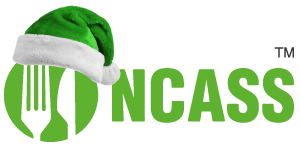

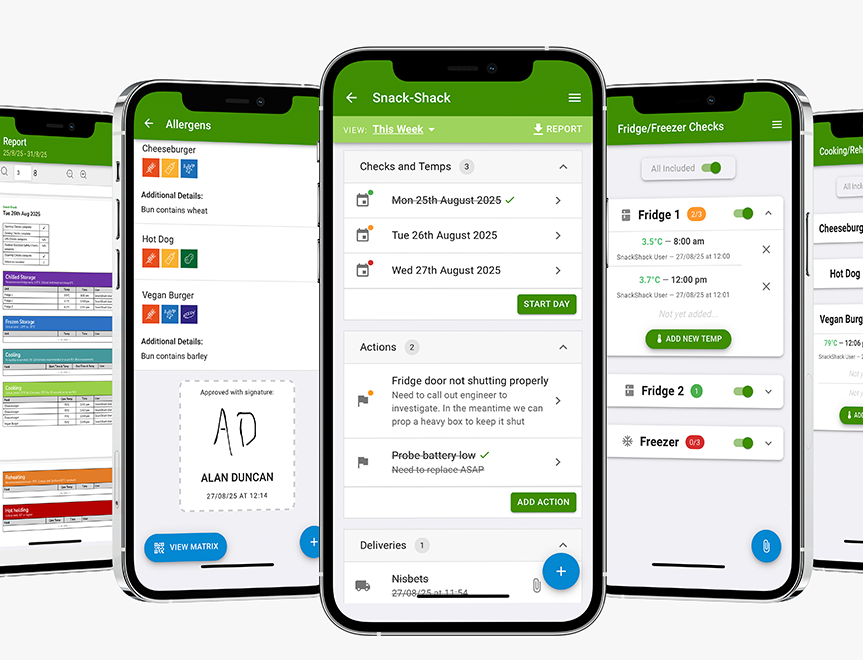

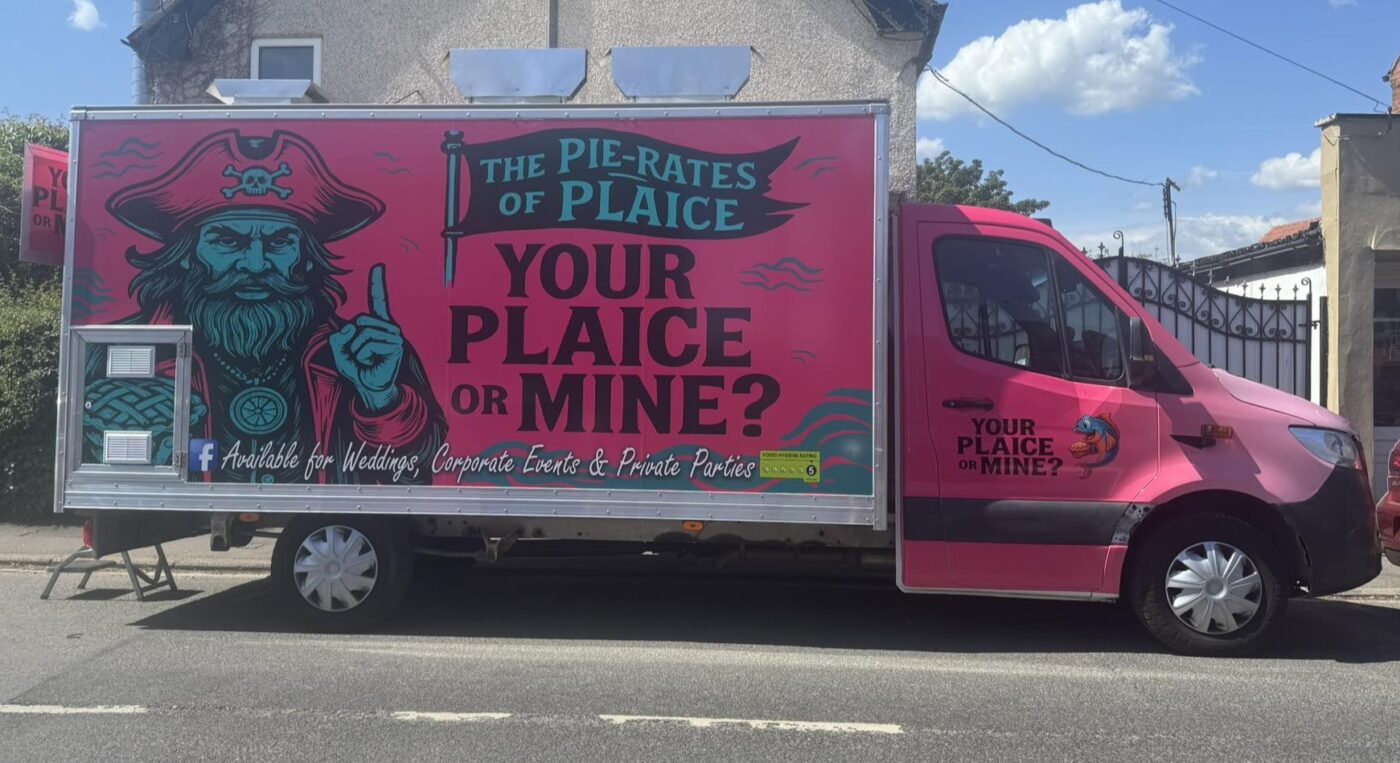
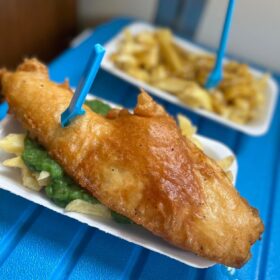
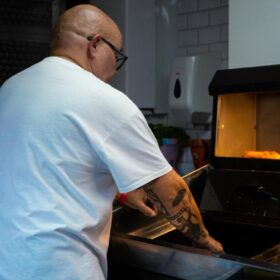
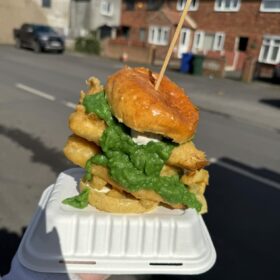
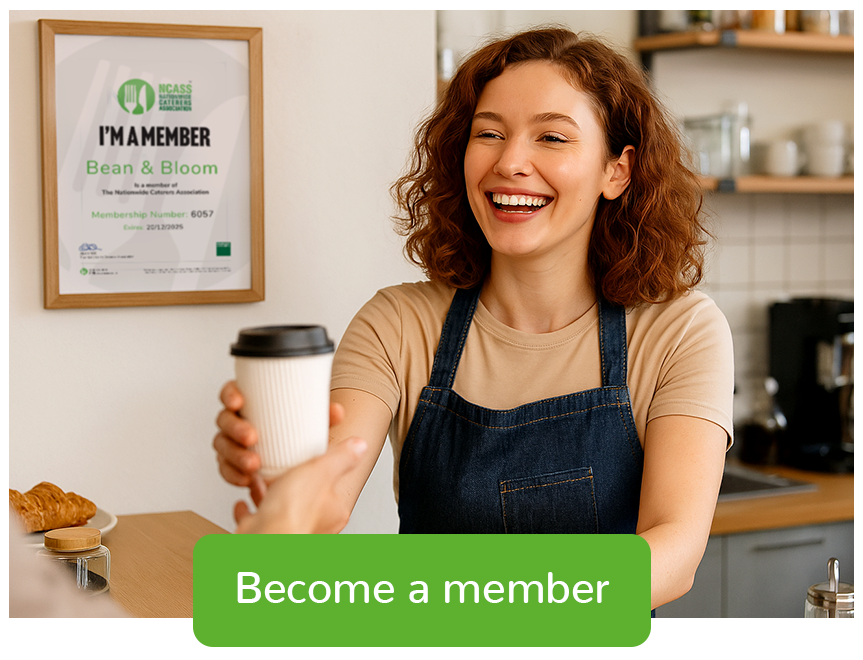
 Featured Training
Featured Training
OUR MEMBERSHIP
We're here to help make your catering business a success. Whether that be starting up or getting on top of your compliance and marketing. We're here to help you succeed.
Want our latest content?
Subscribe to our mailing list and get weekly insights, resources and articles for free
Get the emails